Find the correct match with respect to habitat loss.
Plant-pollinator mutualism -Co-extinction
Extinction of steller's sea cow - Degradation of habitat by pollution
Clarias gariepinus - Invasive weed species
Amazonian rainforests - Deforestation for cultivation of cotton
The correct Answer is:A
To solve the question regarding the correct match with respect to habitat loss, we will analyze each option provided in the question based on the information given in the video transcript.
1. Understanding Habitat Loss and Fragmentation:
- Habitat loss and fragmentation are significant causes of biodiversity loss. They occur when large habitats are broken into smaller, isolated patches, which can severely impact species that require large territories or have migratory patterns.
2. Analyzing the Options:
- The options provided are:
1. Plant-pollinator mutualism leads to co-extinction.
2. Extinction of Steller's sea cow due to degradation of habitat by pollution.
3. Clarius garrypinus is an invasive weed species.
4. Amazon rainforest deforestation for cultivation of cotton.
3. Evaluating Each Option:
- Option 1: Plant-pollinator mutualism leading to co-extinction is accurate. When one species in a mutualistic relationship becomes extinct, the other often follows. This is a correct match.
- Option 2: The extinction of Steller's sea cow was primarily due to over-exploitation by humans, not habitat degradation by pollution. This option is incorrect.
- Option 3: Clarius garrypinus is not an invasive weed species; it is a fish species that poses a threat to indigenous catfish. The invasive weed species mentioned in the transcript is carrot grass (Parthenium). This option is incorrect.
- Option 4: The Amazon rainforest is being deforested primarily for the cultivation of soybeans and for raising beef cattle, not cotton. This option is also incorrect.
4. Conclusion:
- The only correct match with respect to habitat loss is Option 1: Plant-pollinator mutualism leads to co-extinction.
Final Answer:
The correct match with respect to habitat loss is Option 1: Plant-pollinator mutualism leads to co-extinction.
- Habitat loss and fragmentation are significant causes of biodiversity loss. They occur when large habitats are broken into smaller, isolated patches, which can severely impact species that require large territories or have migratory patterns.
- The options provided are:
1. Plant-pollinator mutualism leads to co-extinction.
2. Extinction of Steller's sea cow due to degradation of habitat by pollution.
3. Clarius garrypinus is an invasive weed species.
4. Amazon rainforest deforestation for cultivation of cotton.
- Option 1: Plant-pollinator mutualism leading to co-extinction is accurate. When one species in a mutualistic relationship becomes extinct, the other often follows. This is a correct match.
- Option 2: The extinction of Steller's sea cow was primarily due to over-exploitation by humans, not habitat degradation by pollution. This option is incorrect.
- Option 3: Clarius garrypinus is not an invasive weed species; it is a fish species that poses a threat to indigenous catfish. The invasive weed species mentioned in the transcript is carrot grass (Parthenium). This option is incorrect.
- Option 4: The Amazon rainforest is being deforested primarily for the cultivation of soybeans and for raising beef cattle, not cotton. This option is also incorrect.
- The only correct match with respect to habitat loss is Option 1: Plant-pollinator mutualism leads to co-extinction.
The correct match with respect to habitat loss is Option 1: Plant-pollinator mutualism leads to co-extinction.
Similar Questions
Find the incorrect match with respect to mutations
View SolutionFind out the correct match
View SolutionFind out the correct match
View SolutionFind out the correct match
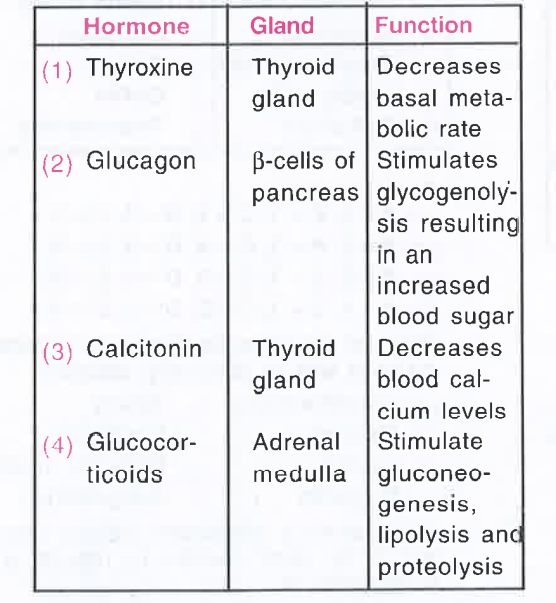
View SolutionFind out the correct match
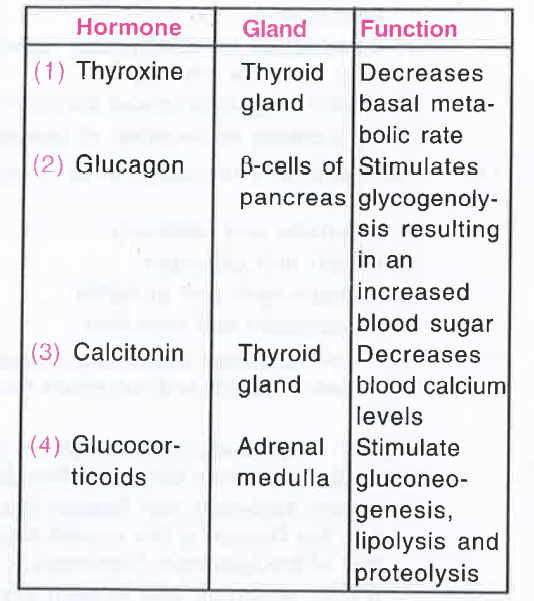
View SolutionFind out the correct match-
View SolutionFind out the correct match :-
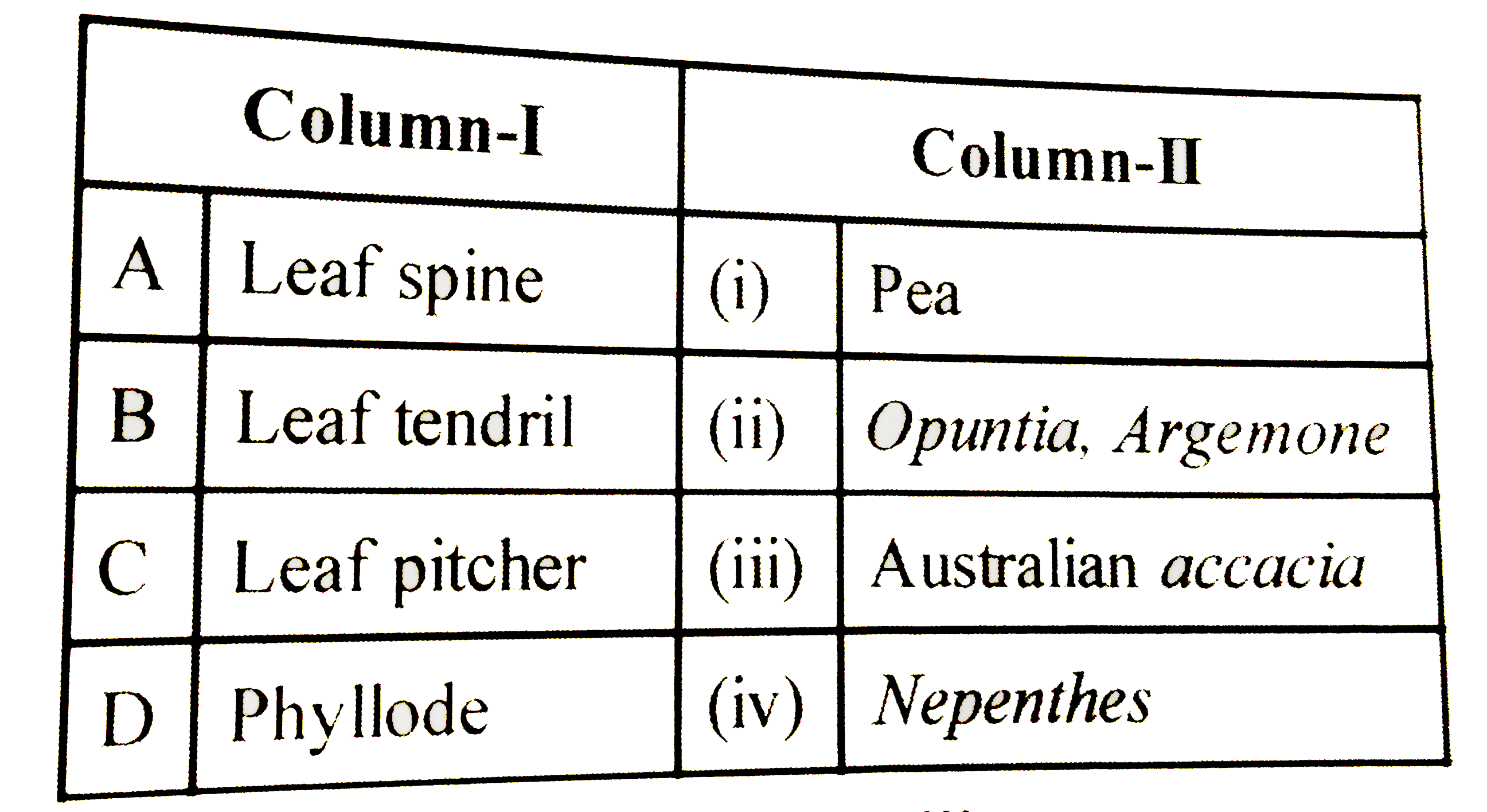
View SolutionFind out the correct match :-
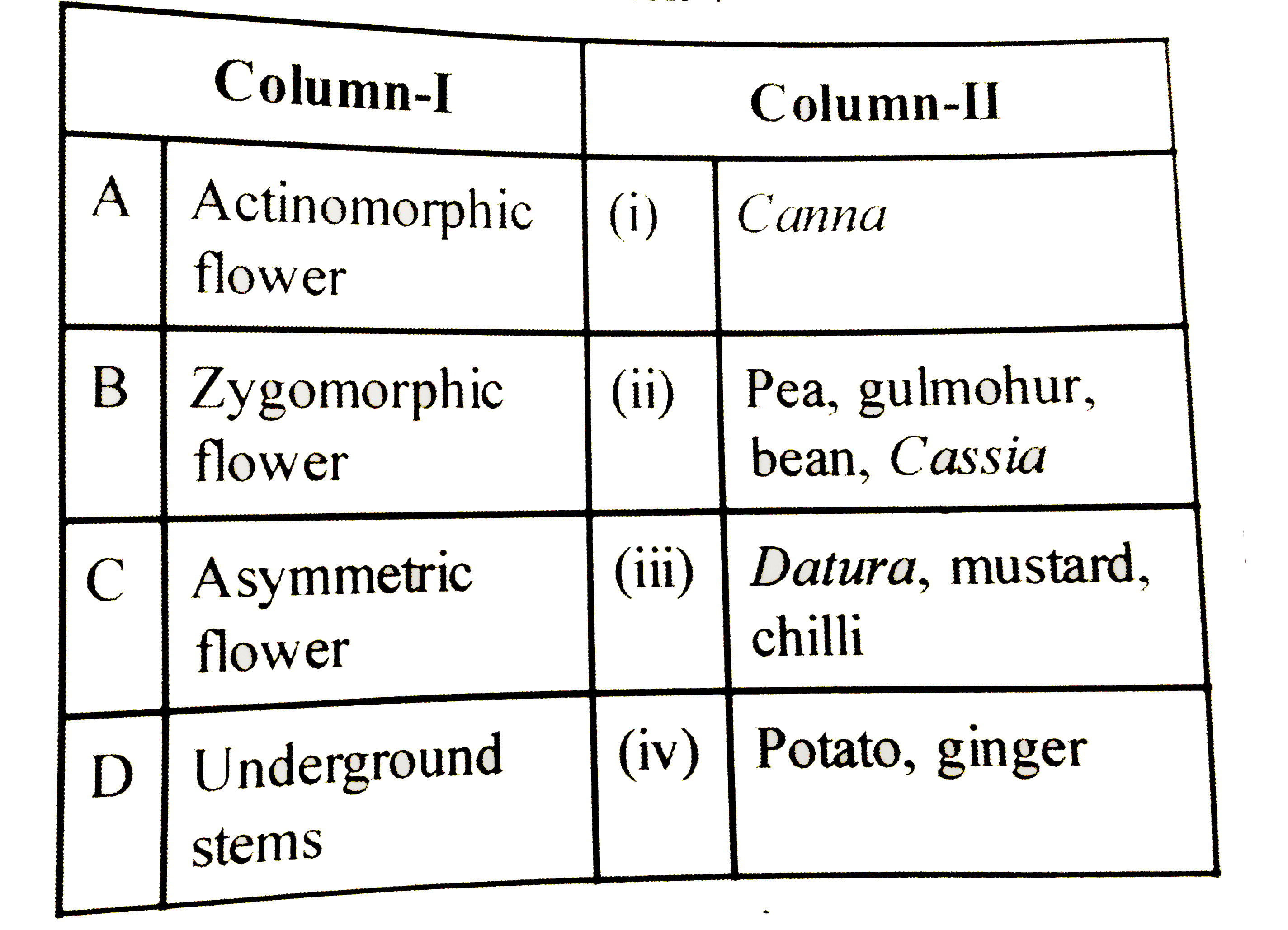
View SolutionFind out the correct match :-
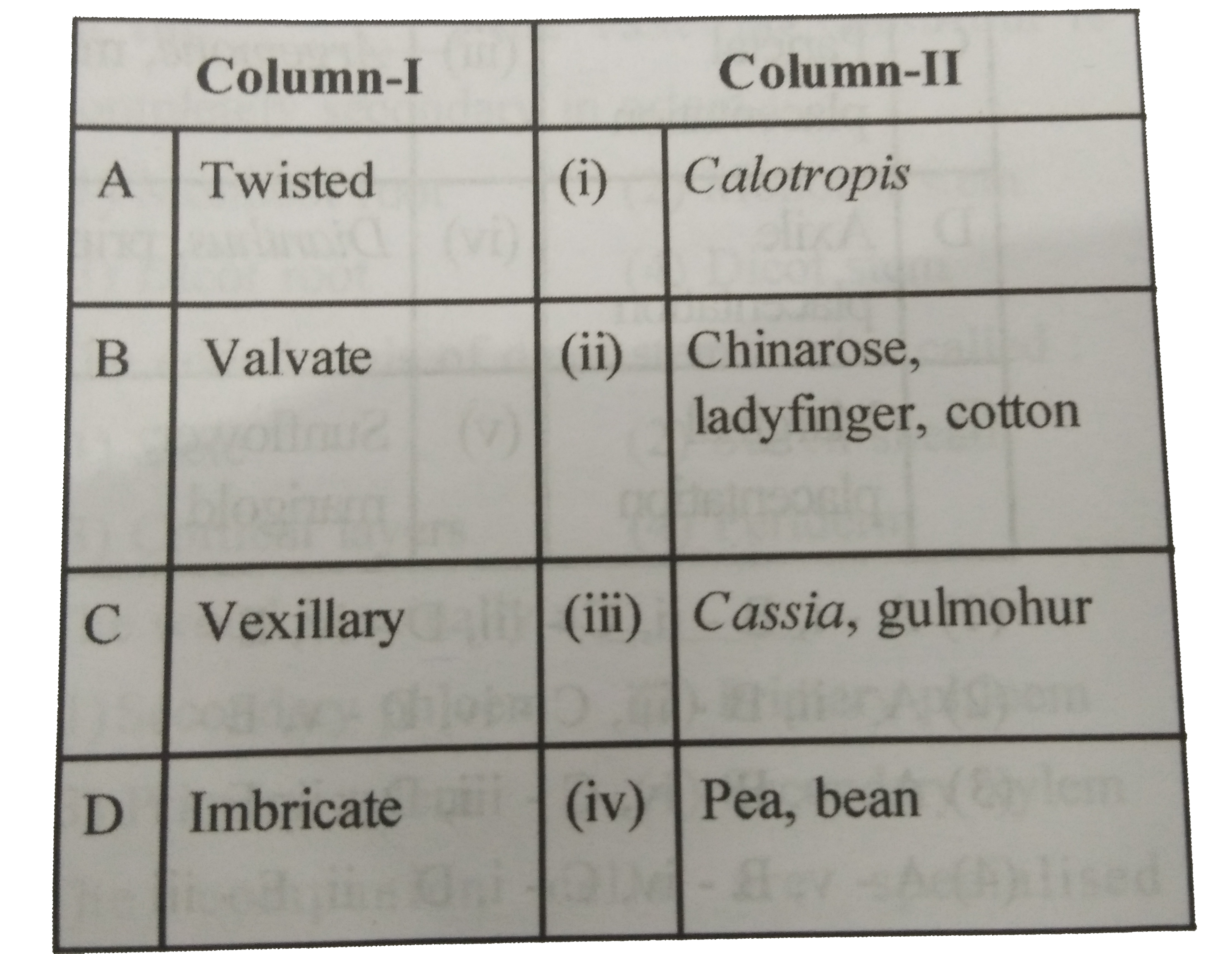
View SolutionFind out the correct match:-
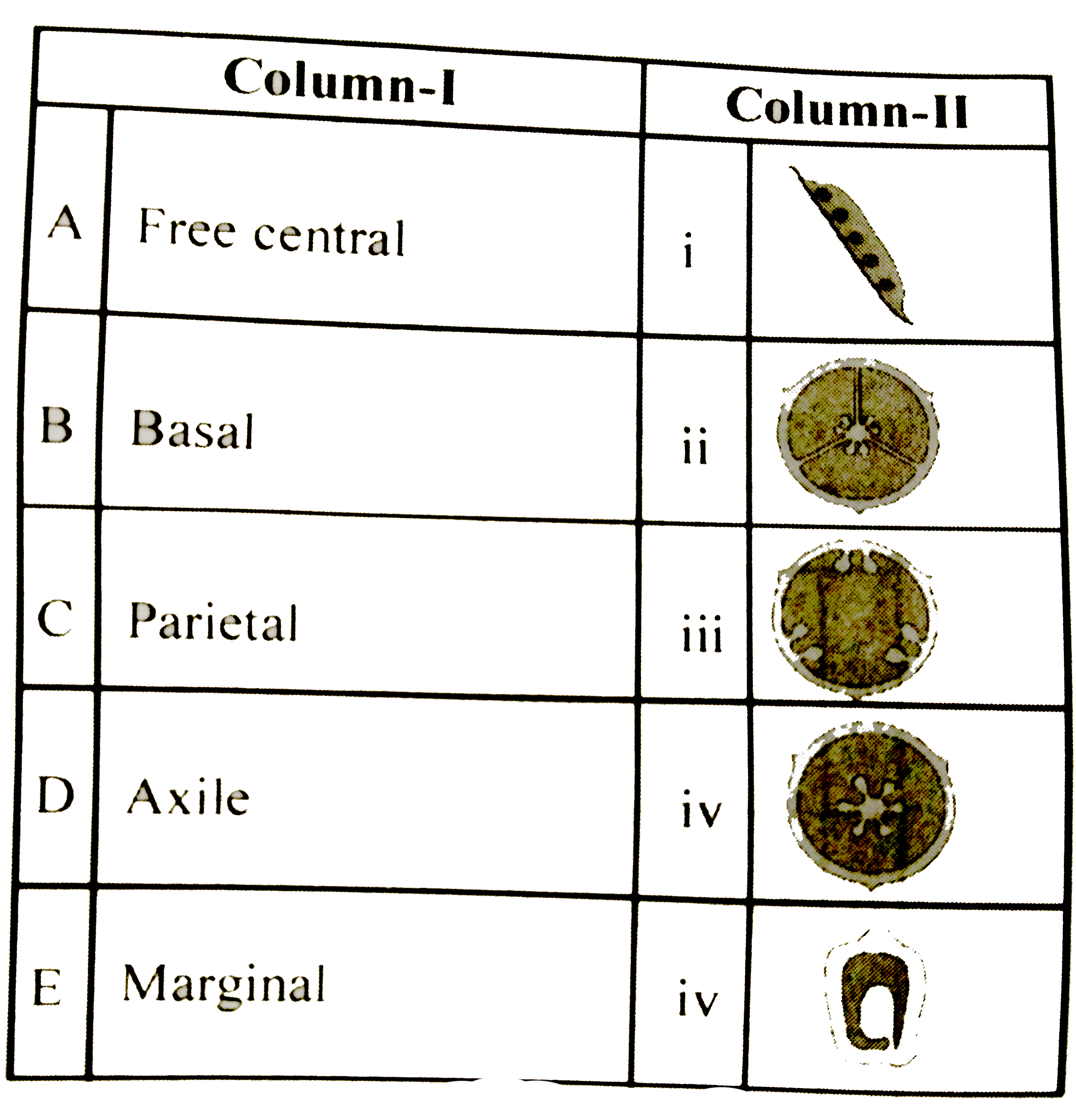
View Solution
